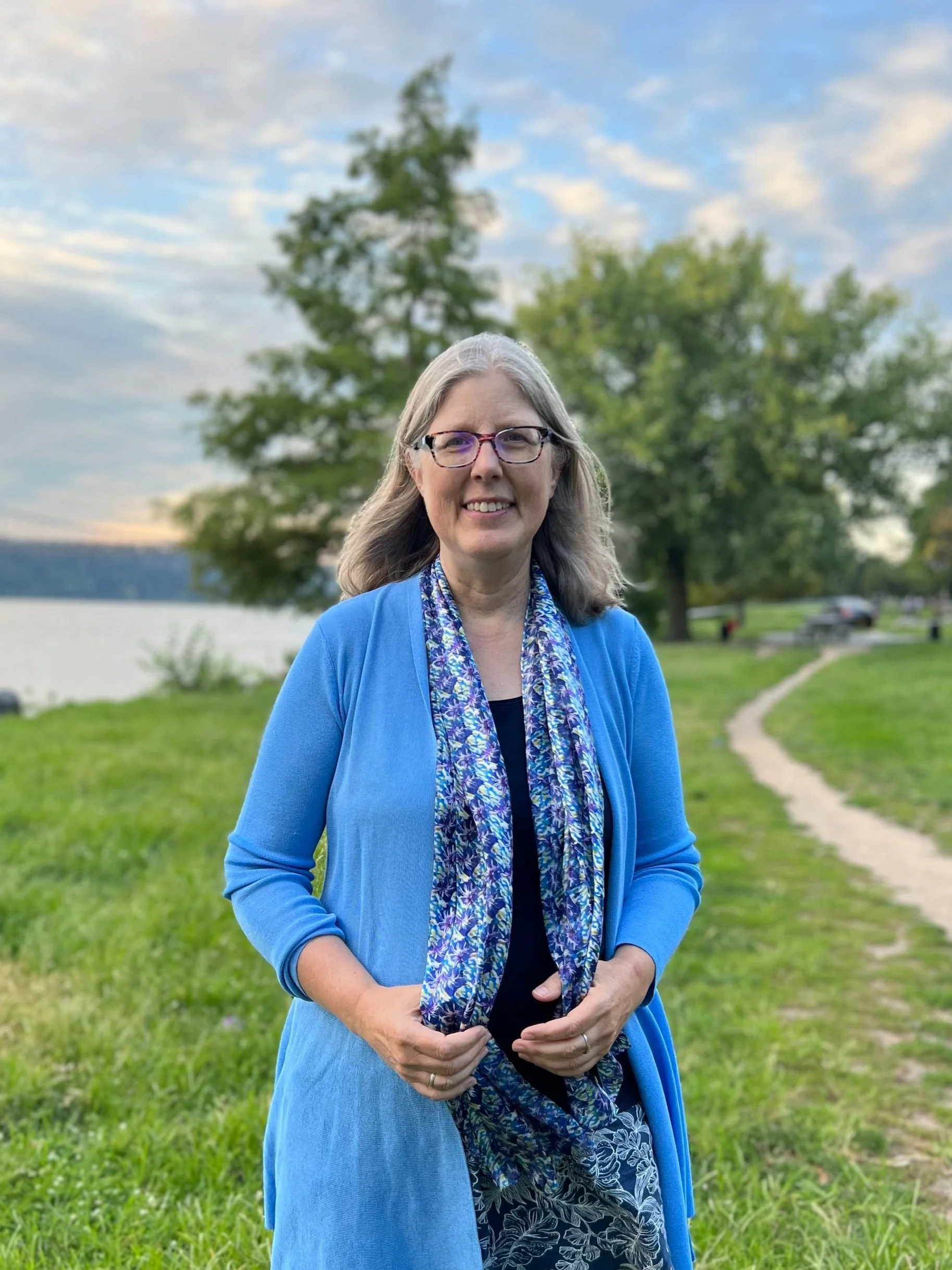
About Me
(she/her)
I encountered EFT Tapping at a time when I felt emotionally stuck.
I had rejected much of the achievement culture and high expectations of my earlier life, but not enough to be confident in my choices. Even while “rebelling” in some ways (intuitively building a life that accommodated my yet undiagnosed neurodiversity), I retained some of those cultural values: I judged myself for achieving below expectations.
I held onto negative emotions; they were more life-affirming than the numbness of earlier years.
In short, I was stuck.
There were several contributing factors. My career attempts led to burnout with bewildering speed. In addition to experiencing garden-variety impostor syndrome, I was unknowingly trying to fit into a world designed for neurotypicals. Like many people with undiagnosed neurodiversity, I’d become an expert at masking – even camouflaging my inner life from myself. Honestly? It was confusing and exhausting.
Another layer is that I was diagnosed with dyslexia at age 6, but my parents were told, “Ignore it and it will go away,” so they withheld that information. Decades later I was diagnosed with inattentive ADHD. I am currently seeking an evaluation for autism. Stay tuned.
I believe my late father was on the autism spectrum and that he had PDA (Pathological Demand Avoidance / Pervasive Drive for Autonomy), the externalizing/angry type. In any case, he self-medicated with alcohol. My late mother put a lot of herself into accommodating him – and regulating her own emotions through exercise and painting. She did not have much leftover capacity for mothering.
I also have living family members who are either diagnosed or likely neurodiverse. Those are their stories to tell. But I digress…
Back to my burnout and confusion: Along the way talk therapy helped quite a bit. I had some great therapists who helped me reach cognitive understanding about my experiences. I felt validated. I learned not to embrace the role of “rescuer.” I learned to put some emotional distance between me and my parents (among others). And so on.
Gaining some tools and achieving an intellectual grasp of my backstory was progress, but I still felt stuck. For example, knowing I was angry – and why – was a huge stride, but it didn’t help me become less angry. Long before it had a name, acknowledging harmful side effects of toxic achievement culture was empowering, but I still had those side effects.
Tapping helped me heal. Going beyond clarity, I gained compassion for myself and for others. I gained self-acceptance despite not becoming a Nobel laureate. The role of “rescuer” stopped calling to me so loudly. Emotional distance became comfortable detachment instead of being anger-driven. Healthy boundaries, that holy grail of personal growth, began to sprout on their own.
In addition to accelerating deep healing, day-to-day EFT Tapping is like a superpower: I can move through emotional storms and confusion much faster with tapping. “Just let it go,” a previously annoying bit of typically unactionable advice, becomes possible. It’s very freeing.
For example, recently I found myself catastrophizing. It was bad. I was shaking with anxiety. I knew this wasn’t helping anyone, but I couldn’t escape the “what if” hamster wheel. After tapping on my anxiety and fear for just a few minutes, I was calm enough to have this “brilliant” idea: I could look up some information and get a realistic sense of what might happen. My anxious moment didn’t ruin my whole day.
I have seen this happen many times, in both everyday emotions and deeper patterns: Tapping clears strong, negative emotions and makes room for reframing, compassion, solutions, or insights. And usually they stick.
Of course, I am still a work in progress. (Hmm… Maybe I’ll tap on why I have a pattern of catastrophizing.)
During my stint as an Algebra teacher, some of my students coped with math anxiety and its cousin, math hatred. I really enjoyed helping them gain skills and confidence. I am proud to say some of them even became math enthusiasts. I loved cultivating “Aha!” moments.
Now, with all this freed-up emotional bandwidth, I teach people how to tap and help them cultivate their own “Aha!” moments.
